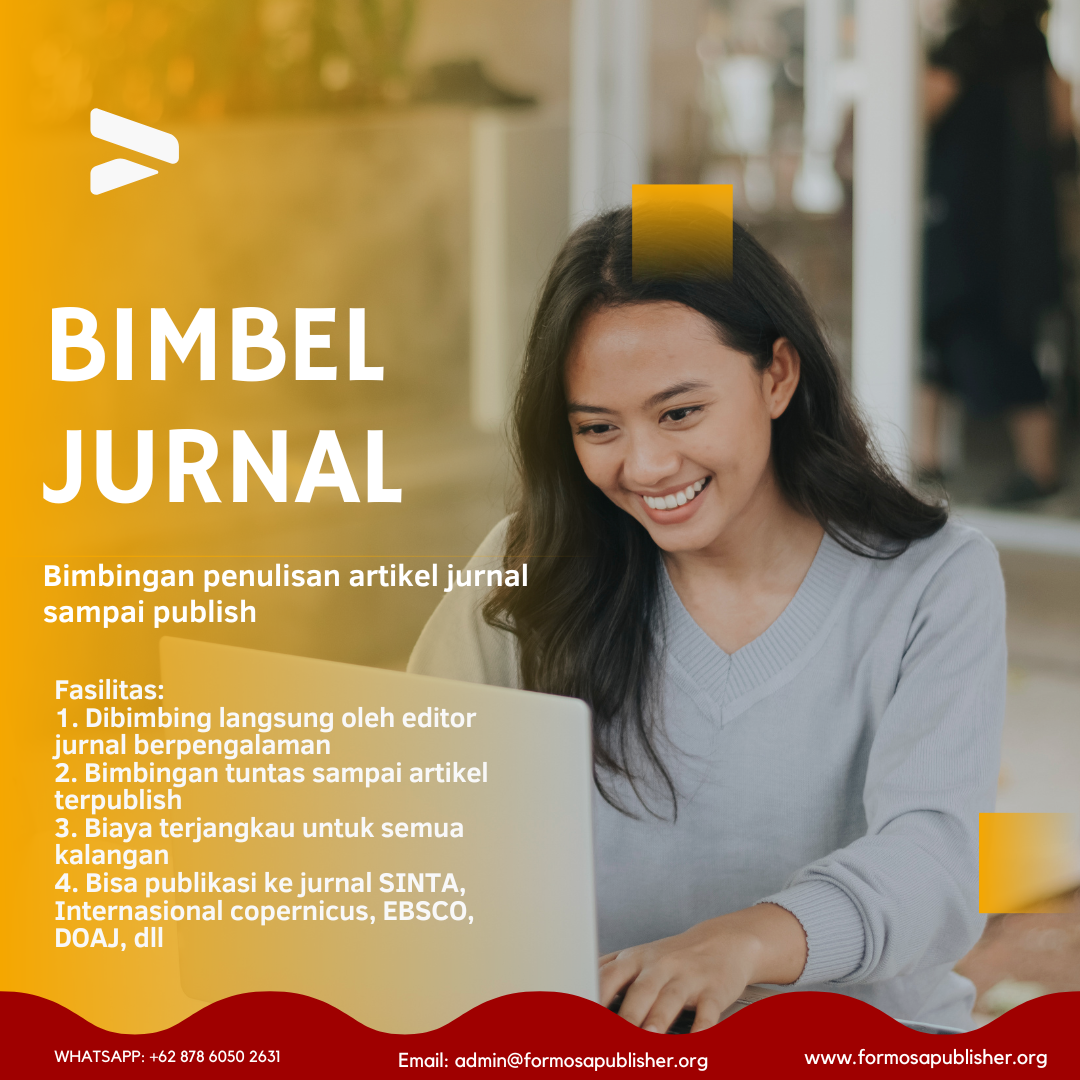Exploration of Ethics of Public Accountants in the Values of the Banjar People's Philosophy of Life
DOI:
https://doi.org/10.55927/mudima.v2i12.1986Keywords:
Public Accountants, Ethics, Character, CustomsAbstract
This study aims to explore the ethics of public accountants in the values of the Banjar people's philosophy of life using qualitative methods with literature studies. This study describes the philosophy of life of the Banjar people, namely waja to kaputing when actualized in the code of ethics of public accountants it can become noble values that can be used as pledges and principles for public accountants. The hope of this research is that the association of the public accounting profession has implications from this research so that it can incorporate and consider the values originating from the waja motto until kaputing is merged into the ethical practice of public accountants
References
Allport, G. . (1964). Pattern and Growth in Personality. Holt, Rinehart and Wiston.
Anshari, H. (1996). Kamus Psikologi. Usaha Nasional.
Baydoun, N., & R, W. (1993). Islamic Accounting Theory. The AAANZ Annual Conference, 1–19.
Brameld, T. (1957). Education as Power. Hold, Rinehart and Winston, Inc.
Dayakisni, T., & Yuniardi, S. (2012). Psikologi Lintas Budaya. UMM Press.
Djasuli, M. (2019). Kontruksi Etika Maduraisme Dalam Kode Etik Akuntan Profesional: Internalisasi Nilai “Gaik Bintang” Dalam Etika Profesi Akuntan. InFestasi, 14(2), 126. https://doi.org/10.21107/infestasi.v14i2.4857
Duska, R. . (2018). Accounting ethics. Wiley-Blackwell.
Fraenkel, J. R. (1977). How to Teach About Values : an Analytic Approach. Englewood Cliffs : Prentice-Hall.
Gallhofer, S., & Haslam, J. (2004). Accounting and Liberation Theology. Accounting, Auditing and Accountability Journal, 17(3), 382–407.
Haniffa, R., & Hudaib, M. (2007). A Conceptual Framework for Islamic Accounting, in Napier. Journal of Business Ethics, 76(1), 97–116.
Jusuf, A. H. (2005). Dasar-Dasar Akuntansi. STIE YKPN.
Kamla, R. (2009). Critical Insights into Contemporary Islamic Accounting. Critical Perspectives on Accounting, 20(No. 8), 931–932.
Kupperman, J. . (1983). The Foundation of Morality. George Allen & Unwin.
Kusdewanti, A. ., & Hatimah, H. (2016). Membangun Akuntabilitas Profetik. Jurnal Akuntansi Multiparadigma, 7(223–239).
Lutfillah, N. Q., Mangoting, Y., Wijaya, R. E., & Djuharni, D. (2016). Konstruksi Tanggung Jawab Auditor Perspektif Mamayu Hayuning Bawana. Jurnal Akuntansi Multiparadigma, 7(1), 36–50. https://doi.org/10.18202/jamal.2016.04.7003
Moleong, L. (2004). Metodologi Kualitatif. PT Remaja Rosdakarya.
Mulyana, R. (2004). Mengartikulasi Pendidikan Nilai. Alfabeta.
Nikmatuniayah, N. (2013). Komparasi Evaluasi Etis Mahasiswa Akuntansi. Jurnal Akuntansi Multiparadigma, 4(1), 1–164. https://doi.org/10.18202/jamal.2013.04.7188
Poerwandari, E. . (2007). Pendekatan kualitatif untuk penelitian perilaku manusia. LPSP3 Fakultas Psikologi Universitas Indonesia.
Reraja, F., & Sudaryati, E. (2019). KARAKTER AKUNTAN DALAM FILOSOFI ADIGANG, ADIGUNG, ADIGUNA. Jurnal Akuntansi Multiparadigma, 10(3). https://doi.org/http://dx.doi.org/10.18202/
Sari, L. P. (2012). Pengaruh Muatan Etika dalam Pendidikan Akuntansi terhadap Persepsi Etika Mahasiswa. Jurnal Akuntansi Multiparadigma, 3(3), 334–501. https://doi.org/10.18202/jamal.2012.12.7169
Sirajudin. (2013). Interpretasi Pancasila dan Islam untuk Etika Profesi Akuntan Indonesia. Jurnal Akuntansi Multiparadigma, 4(3), 456–466.
Sitorus, J. H. E. (2015). Membawa Pancasila dalam Suatu Definisi Akuntansi. Jurnal Akuntansi Multiparadigma, 6(2), 254–271. https://doi.org/10.18202/jamal.2015.08.6021
Sugiyono, M. P. P. (2016). Metode Penelitian Kuantitatif, Kualitatif dan R&D. PT Alfabet.
Triyuwono, I. (2006). Akuntansi Syariah: Perspektif, Metodologi dan Teori. PT Raja Grafindo.
Vitriyani, E. ., & Yanto, H. (2014). Analisis Persepsi Mahasiswa Akuntansi Terhadap Etika Profesi Akuntan (Studi Empiris Pada Perguruan Tinggi Di Kota Semarang). Accounting Analysis Journal, 3(3), 407–418. https://doi.org/10.15294/aaj.v3i3.4223
Wagiran, W. (2012). Pengembangan Karakter Berbasis Kearifan Lokal Hamemayu Hayuning Bawana (Identifikasi Nilai-Nilai Karakter Berbasis Budaya). Jurnal Pendidikan Karakter, 3.
Zed, M. (2014). Metode Penelitian Kepustakaan. Yayasan Obor Indonesia
Downloads
Published
How to Cite
Issue
Section
License
Copyright (c) 2022 Melinda Wijaya

This work is licensed under a Creative Commons Attribution 4.0 International License.
































